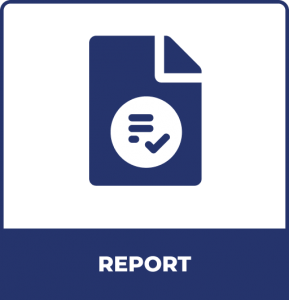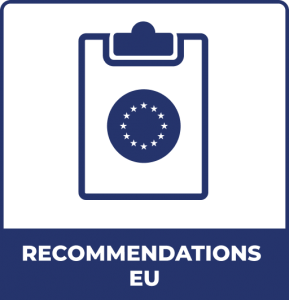The Standard Minimum Rules for the Treatment of Prisoners (SMRs) constitute the universally acknowledged minimum standards for the
management of prison facilities and the treatment of prisoners, and have
been of tremendous value and influence in the development of prison
laws, policies and practices in Member States all over the world. In
recognition of the advances in international law and correctional science
since 1955, however, the General Assembly decided, in 2011, to establish an
open-ended intergovernmental Expert Group to review and possibly revise
the SMRs. Civil society and relevant United Nations bodies were equally
invited to contribute to the process. The fourth meeting of the Expert Group recommended that the revised
SMRs also be known as the Nelson Mandela Rules in order to honour the
legacy of the late President of South Africa, Nelson Rolihlahla Mandela, who
spent 27 years in prison in the course of his struggle for global human
rights, equality, democracy and the promotion of a culture of peace. Nelson
Mandela International Day (18 July) was further recommended to be also
utilized to promote humane conditions of imprisonment, raise awareness
about prisoners’ being a continuous part of society and value the work of
prison staff as a social service of particular importance.
How and why
was the review process of the SMRs initiated?
How did the
review process of the SMRs proceed?
Why are the
rules to be known as the Nelson Mandela Rules?
1.
Prisoner’s
inherent dignity and value as human beings
2.
Vulnerable groups of prisoners
3.
Medical and health services
4.
Restrictions, discipline and sanctions
5.
Investigation
of deaths and torture in custody
6.
Access to legal representation
7.
Complaints and inspections
8.
Terminology
9.
Staff training
UNODC
UNODC (2015). The United Nations Standard Minimum Rules for the Treatment of Prisoners
(the Nelson Mandela Rules) – An updated blueprint for prison management in the 21st century United Nations Office on Drugs and Crime.
Brochure_on_the_UN_SMRs.pdf (unodc.org)


